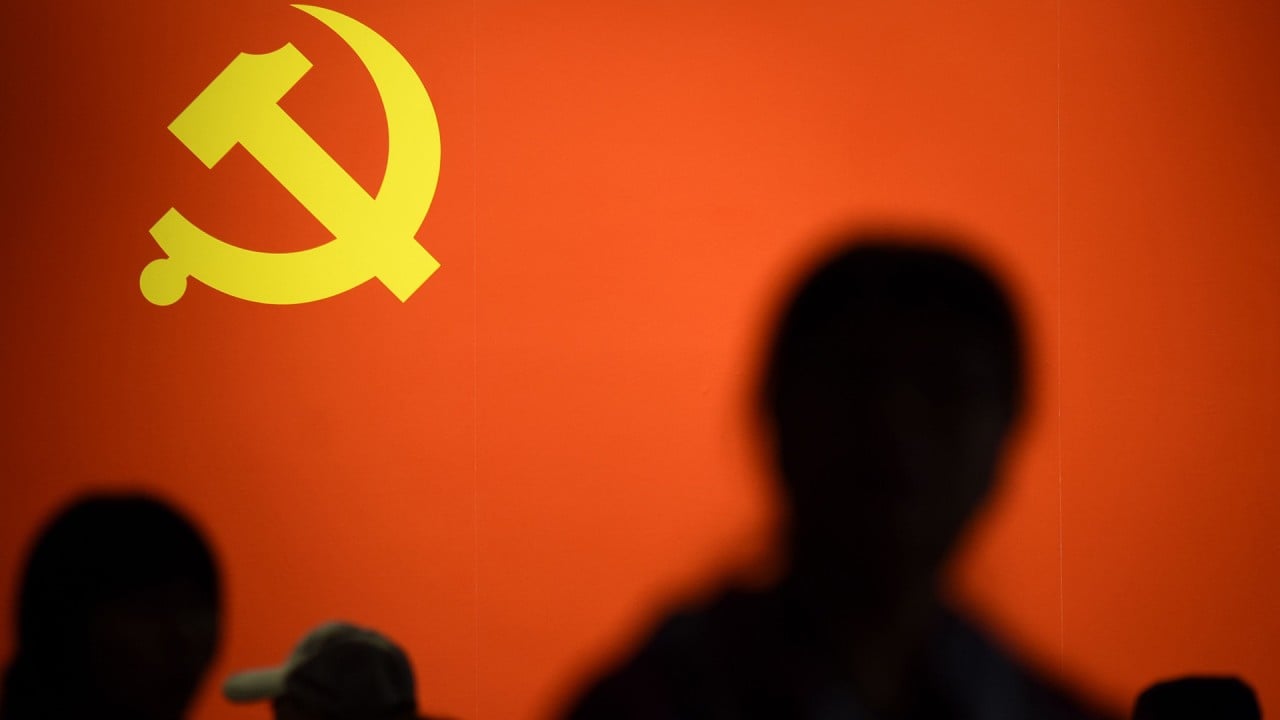
G7 pledges to counter ‘state-driven censorship’ and help protect journalists
- ‘Around the world, journalists face harassment and violence for their work, and press freedom is being restricted online and offline,’ say G7 media ministers
- A 2022 assessment of global press freedoms by Reporters Without Borders places China 175th out of 180 countries
The Group of Seven countries pledged on Wednesday to improve efforts to counter censorship and state-backed disinformation campaigns, amid deepening scrutiny in Washington of China’s and Russia’s treatment of journalists and governance of the internet.
“We commit to … act against state-driven censorship, network connectivity disruptions and media bans of the free press, while bolstering the important role of independent media,” media ministers from the United States, Canada, France, Germany, Italy, Japan and Britain wrote in a joint statement.
Summarising a ministerial meeting that took place in Germany on Sunday, the communique included commitments to counter disinformation and propaganda, promote transparency around media ownership and strengthen efforts to protect journalists from threats.
“When democracies are under attack, all too often journalists and members of the media are the first to have their human rights curtailed and to face threats and repression,” the G7 ministers wrote.
They raised particular concerns that women in journalism were “disproportionately impacted by threats and attacks, which are more often gendered and sexualised than threats against their male counterparts and increasingly take place online”.
The communique did not mention China by name, but it came weeks after research by the Australian Strategic Policy Institute found that women journalists covering China, especially those of Asian descent, were being targeted by a coordinated harassment campaign online. The report said the Twitter accounts publishing the abuse belonged to a network that the social media platform has linked to Chinese state actors.
“Around the world, journalists face harassment and violence for their work, and press freedom is being restricted, both online and offline,” the ministers wrote.
A 2022 assessment of global press freedoms by Reporters Without Borders placed China 175th out of 180 countries. For three consecutive years, the country has also topped the global ranking of imprisoned journalists compiled by the Committee to Protect Journalists.
China implements strict licensing rules for online shows
Since coming to power in 2013, Chinese President Xi Jinping has made stringent oversight of the news media a mainstay of his rule, demanding in 2016 that state-owned outlets “have the party as their family name”.
Beijing’s treatment of the press has become a flashpoint in tensions with the US in recent years, amid tit-for-tat measures by the Chinese and US governments restricting the ability of each others’ foreign correspondents to operate. At the height of the dispute, China expelled a number of journalists working for major American newspapers, though both sides agreed last November to begin easing the restrictions.
In addition to its restrictions on news outlets foreign and domestic, Beijing has also moved to tighten its control of social media platforms, where politically sensitive content is routinely scrubbed – either upon government orders or proactively by the internet companies themselves.
Beijing’s list of approved news media grows fourfold, but control tightens
In a draft rule published last week, China’s internet watchdog proposed new regulations that would direct social media platforms to review all user comments and screen “harmful” content before it is published.
Meanwhile, the US and its allies have begun an effort to strengthen online freedoms around the world; in April, they unveiled a voluntary set of standards regarding internet governance for governments to sign on to.
“We, as a coalition of broadly like-minded states, need to be rather aggressively pushing back against a model of digital authoritarianism that we’re seeing coming out of China, that we’re seeing coming out of Russia,” Peter Harrell, the White House National Security Council’s senior director for international economics and competitiveness, said on Wednesday.


